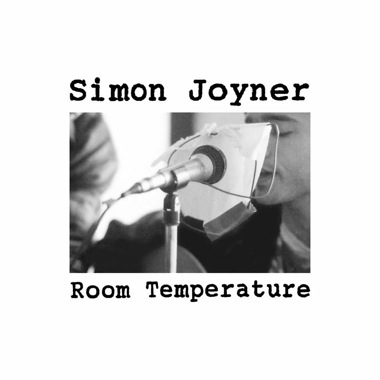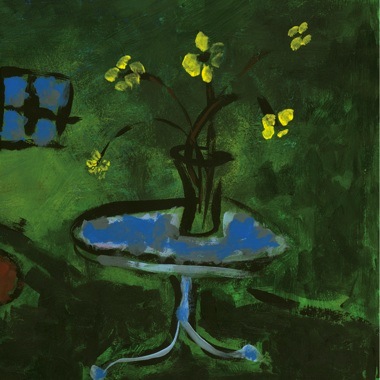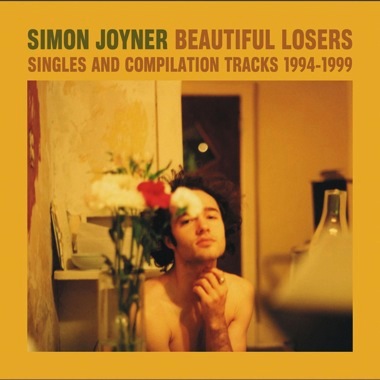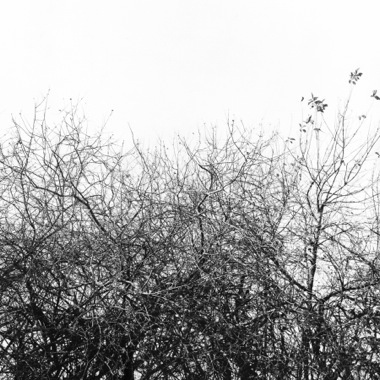
Room Temperature was recorded in winter of 1992 in a small room above a carpet store in Omaha, Nebraska, with two microphones and a cassette four-track recorder. Despite being his second full-length release (the first being a cassette), this was Simon Joyner’s first fully realized album, the one that first caught the interest of the late great British DJ, JOHN PEEL, who played it so often he single-handedly created a European audience for the Midwest singer-songwriter. Populated with sometimes harrowing and desperate stories of the complex workings of the human heart (in conflict with itself), the stark record features Joyner solo on all tracks. Struggling with his guitar and clearly dissatisfied with his own voice, Joyner tears through “Room Temperature” on his words. The album was originally released on CD and cassette by Omaha label One Hour Records in 1993. The head of the short-lived label said of Joyner’s request for vinyl at the time: “Folk music doesn’t sell on vinyl, Simon, so I doubt what you do will either.” This marks the influential debut album’s first appearance on his chosen format.Original 1993 review of Room Temperature:The old Russian idea that our souls are bound to the soil and we, parted from the land, are condemned to a spiritual dislocation strikes when I hear ‘TheShortest Distance Between Two Points Is A Straight Line’. The immense prettiness of the picked melody combines with the chatty breeziness spoken between oldfriends loosely bound. Telling months of events in a few sentences as they know enough about each other’s core that every other thing just acts as encrustation, dust robes paint, that change nothing of the essence. Songs about friendship are such hard things to do and it catches the mode so well it jumped immediately into contention for one of those end of year lists that will exclude it on a technicality. So much of what Simon Joyner does has the feel of the 1930’s, of GUTHRIE and STEINBECK, the folk singer waif drifter seeing things through a jarred microscope, a character from a HAL HARTLEY film. So little is known of Simon Joyner that we can imagine him, untrammeled by facts, writing our dreams over endless, empty prairie like a Columbus or a Cortez. On some of the songs, the earlier, faster ones as Stardust Memories would put it, he sounds out of his time and it has been facetiously said makes the sort of records BOB DYLAN would be making if he was alive today. He sounds so young, filled with vigor and idealism making coltish raw-boned music that bounds unguardedly forward, hopeful and unaware of its vulnerability. Us, we are children after Nixon, paranoia urbanity in looking for the meaning behind the meaning, disbelieving progress and chilled steel towards so much, seeing our antithesis an envy of sorts. The closest compatriot of this album feels like “Another Side Of Bob Dylan” especially in the angry ‘Vegetables’, ‘Folk Song for Sara’ and ‘LeavenworthCafé Blues’ where harmonica and howling wheeze are employed to scorning, scathing effect. He takes the early sixties protest song and joins it with thewordplay of modern Americana. Taking the vocabulary of Wal-Marts and plastic wrapped vitamins he makes something more, something that understands surfaces asboundary conditions to the flux within. Still I prefer the gentle naturalness of ‘pseudonym song’, the north country blues household scenes tending to despair of ‘grapefruit’ and always ‘The Shortest’ that has taken out a lease on my affections. – Johnathan McRoberts



